by James Belgrave
Burundi, a country praised in recent years for its free and dynamic press and active civil society, is witnessing a worrying deterioration in media freedom. Reporters Without Borders’ annual Press Freedom Index reveals a startling trend in this country located in the heart of the African Great Lakes region: between 2008 and 2011 Burundi slipped 36 places from 94th to 130th(of 178) in the global rankings for press freedom.
In recent years, harassment and the arbitrary arrest of journalists have been on the rise, and analyses by various experts and NGOs point to a situation which is only set
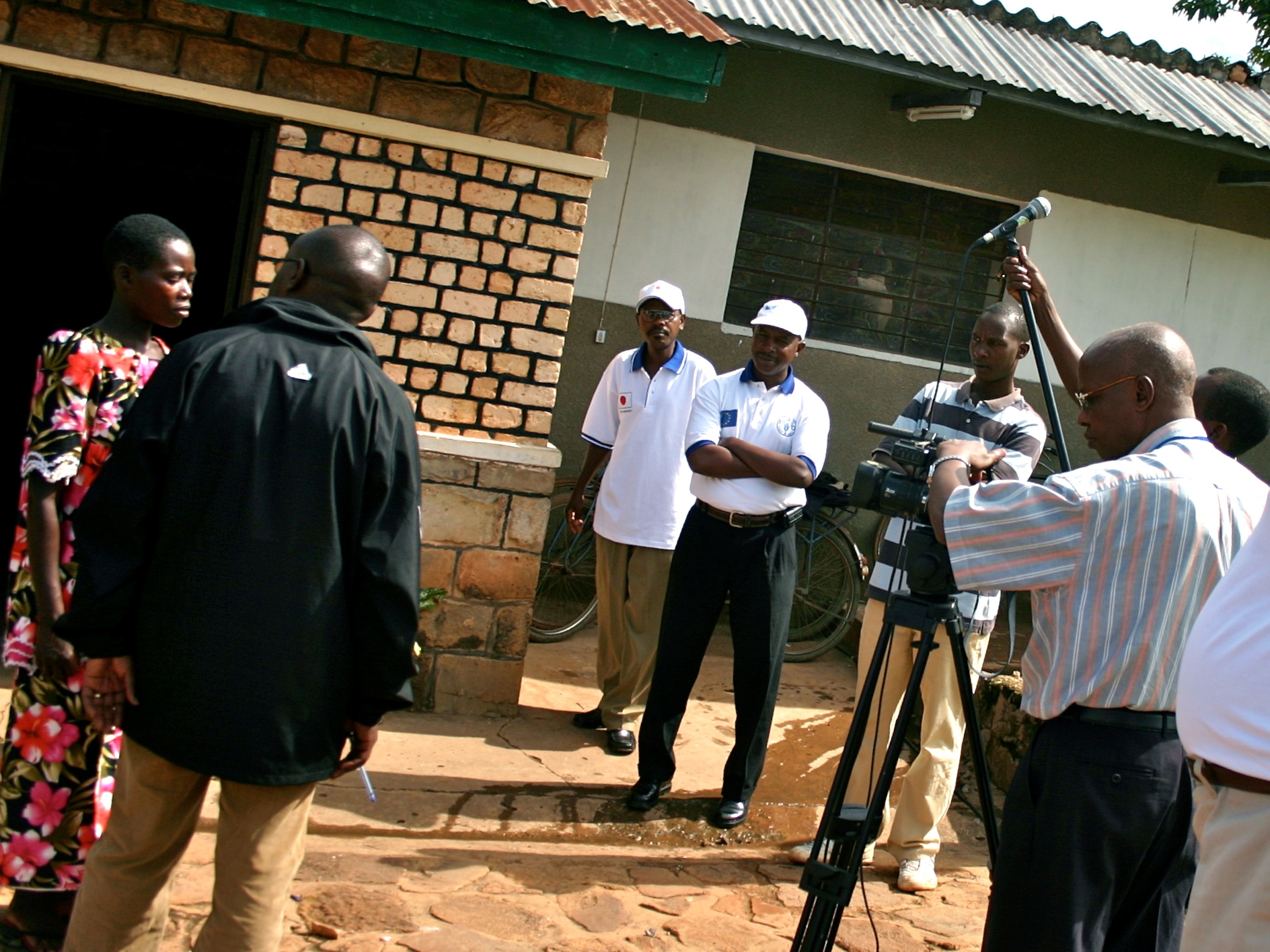
to worsen this year as the space for press freedom in the country continues to diminish.
2010 saw the arrest of several journalists, most notably Jean-Claude Kavumbagu, who in July was arrested for publishing an article in which he questioned the state’s ability to respond to a potential terrorist attack by the Somali Islamist militia Al-Shabaab (the Burundian military presence in Somalia makes the country a target). He was detained for ten months pending trial and released in May 2011 having been found guilty of ‘threatening the national economy’. According to Human Rights Watch, this sentence is a ‘negative precedent given that no journalist in Burundi has ever been convicted for such a crime’, and the outcome has caused concern for both national and international human rights activists.

Following the Gatumba bar attack in 18th September 2011 in which more than 37 people were killed when gunmen burst into a bar and shot indiscriminately at the crowd (see article in GSDM N.7), the government imposed a month long news blackout preventing the media from publishing, commenting or analyzing information relating to the attack. The ban was broadly complied with by local media, but set a dangerous precedent given the lack of clear and reliable information surrounding the Gatumba attack.
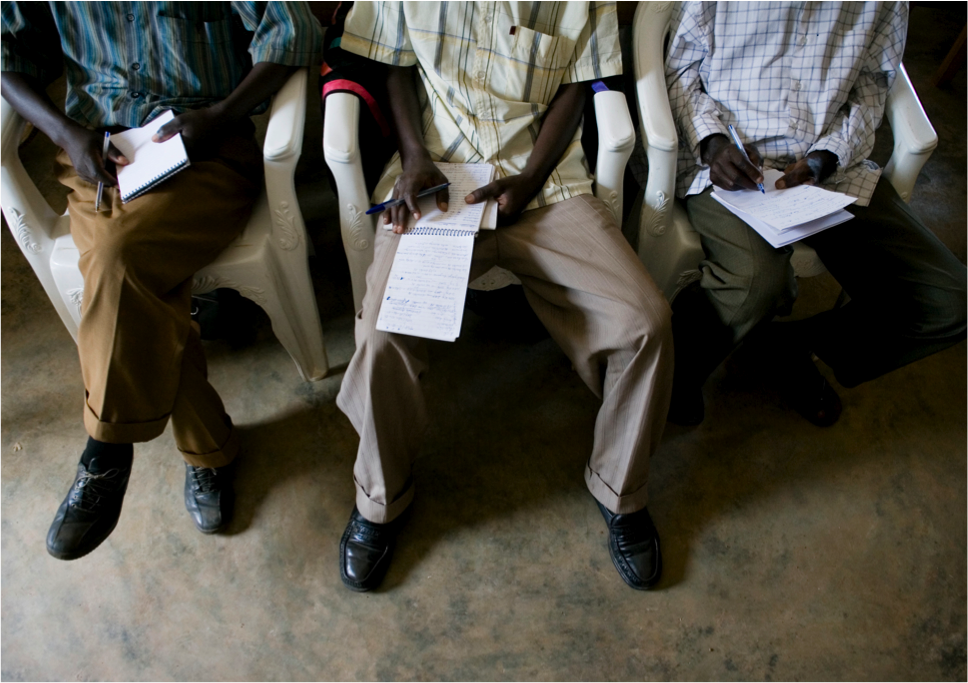
Being a journalist in Burundi is now a risky profession which entails significant risks. A recent Human Rights Watch report (which was itself banned in the country), points out that the Gatumba attack took place in the context of a broader pattern of intimidation and harassment of independent Burundian journalists’ and states that the news blackout may have amounted to a violation of freedom of expression.
On the 28th of November 2011 a journalist working for Radio France International (RFI) and Bujumbura-based Bonesha FM, Hassan Ruvakuki, was arrested on charges of ‘acts of terrorism’. He had conducted an interview with a member of a rebel group in neighbouring Tanzania. On the 21th of June 2012, he was sentenced to life imprisonment. Reporters Without Borders described the trial as a ‘politically orchestrated travesty’.
Later that month, in response to the difficult situation faced by journalists, four of the major independent radio stations asked the public to sound their car horns for 15 seconds at 12:20pm to protest against political violence and the muzzling of journalists. Having witnessed this protest first hand, I can confirm that it was met with popular support and those fifteen seconds were some of the noisiest I have experienced in more than 18 months in Bujumbura.
Both Human Rights Watch and Reporter Without Borders agree that the government is openly hostile to independent media and both local and international experts assert that journalists who report on human rights abuses and on the political situation have been targeted with repeated summons and threats of arrest. Yet another example is that of the chief editor of Radio Publique Africaine, a leading independent radio station based in Bujumbura, who was summonsed eight times to the public prosecutor’s office in 2011 for questioning regarding the radio’s programmes.
The media, however, is very active in calling for press freedoms and the release of arrested journalists, and on the 18th of June this year six of the biggest independent radio stations organized a media synergy through which they simultaneously broadcast the same editorial message, calling on the Government to cease their harassment and unwarranted arrest of journalists and to uphold its constitutional obligations, respect the law and ensure that freedom of expression is guaranteed in Burundi.
The fundamental issue is that the Government of Burundi is highly sensitive to criticism, and the current media crackdown is taking place against a backdrop of a deteriorating political and security situation in which the Government accuses journalists of siding with the opposition and/or rebel movements and consequently treats them as enemies.
The Government would do well to remember the key role that the open and free press and civil society in Burundi played in peacebuilding efforts following the end of the war in 2008, and ensure that such advances in basic human rights are not undone in an attempt to silence their political opponents.
This article originally appeared in the July 2012 issue of Global South Development Magazine which can be downloaded free of charge HERE.
(James Belgrave is the Burundi country correspondent for GSDM)


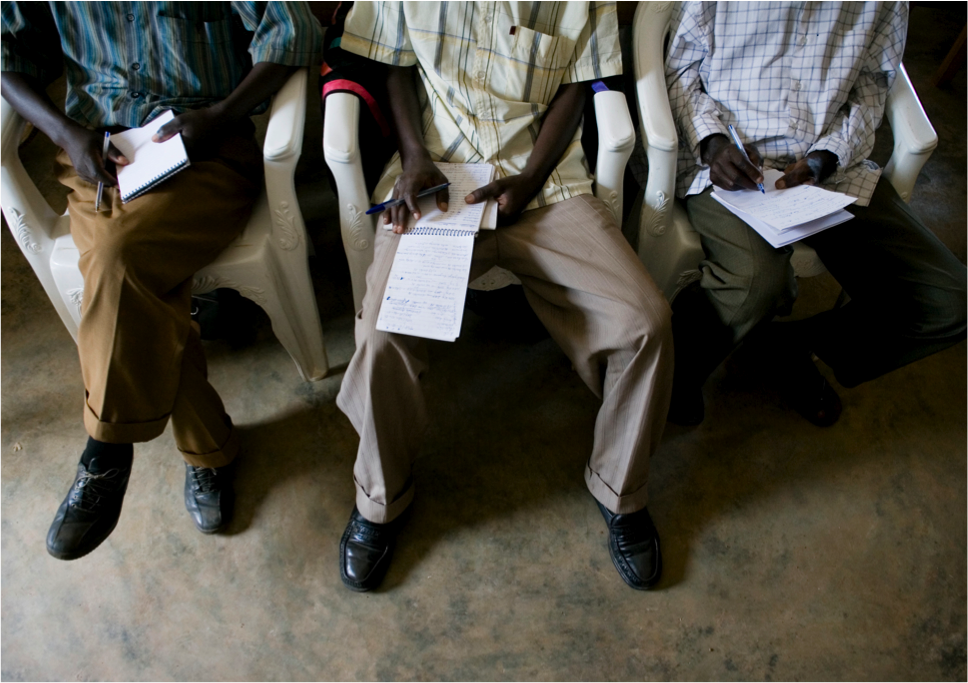

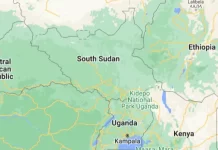
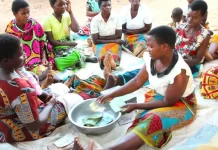





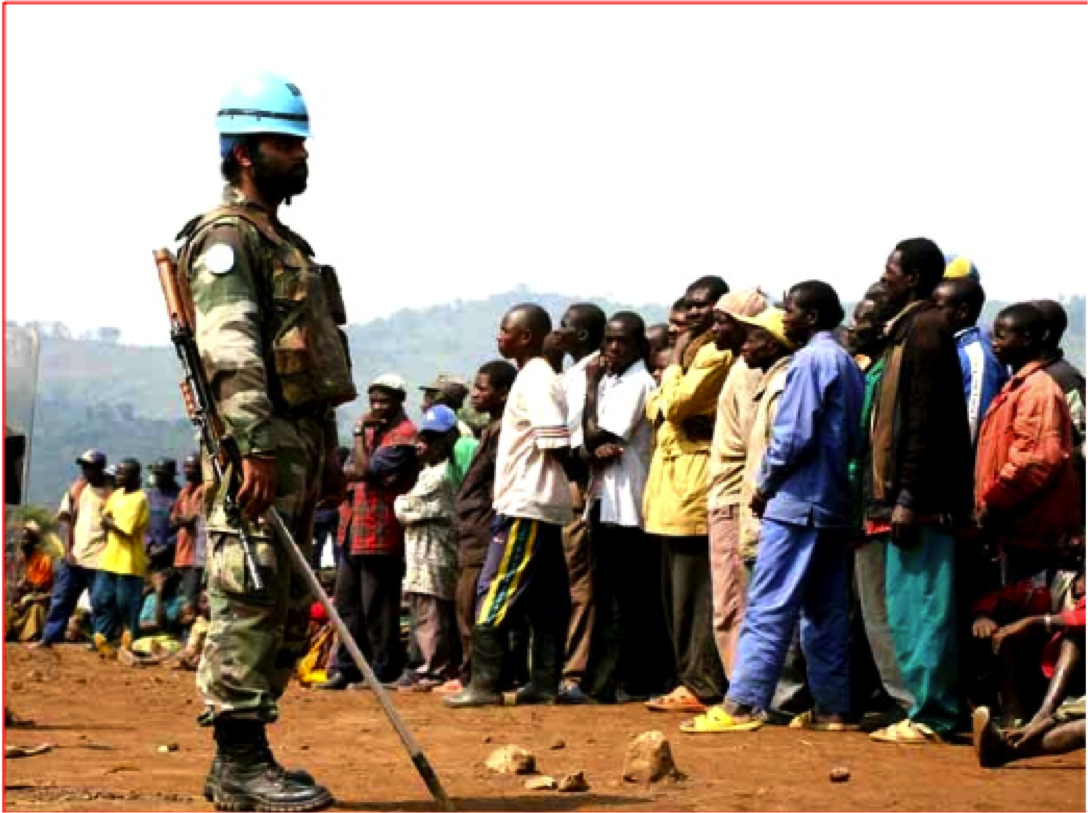
[…] The Shrinking Space For Press Freedoms In Burundi […]